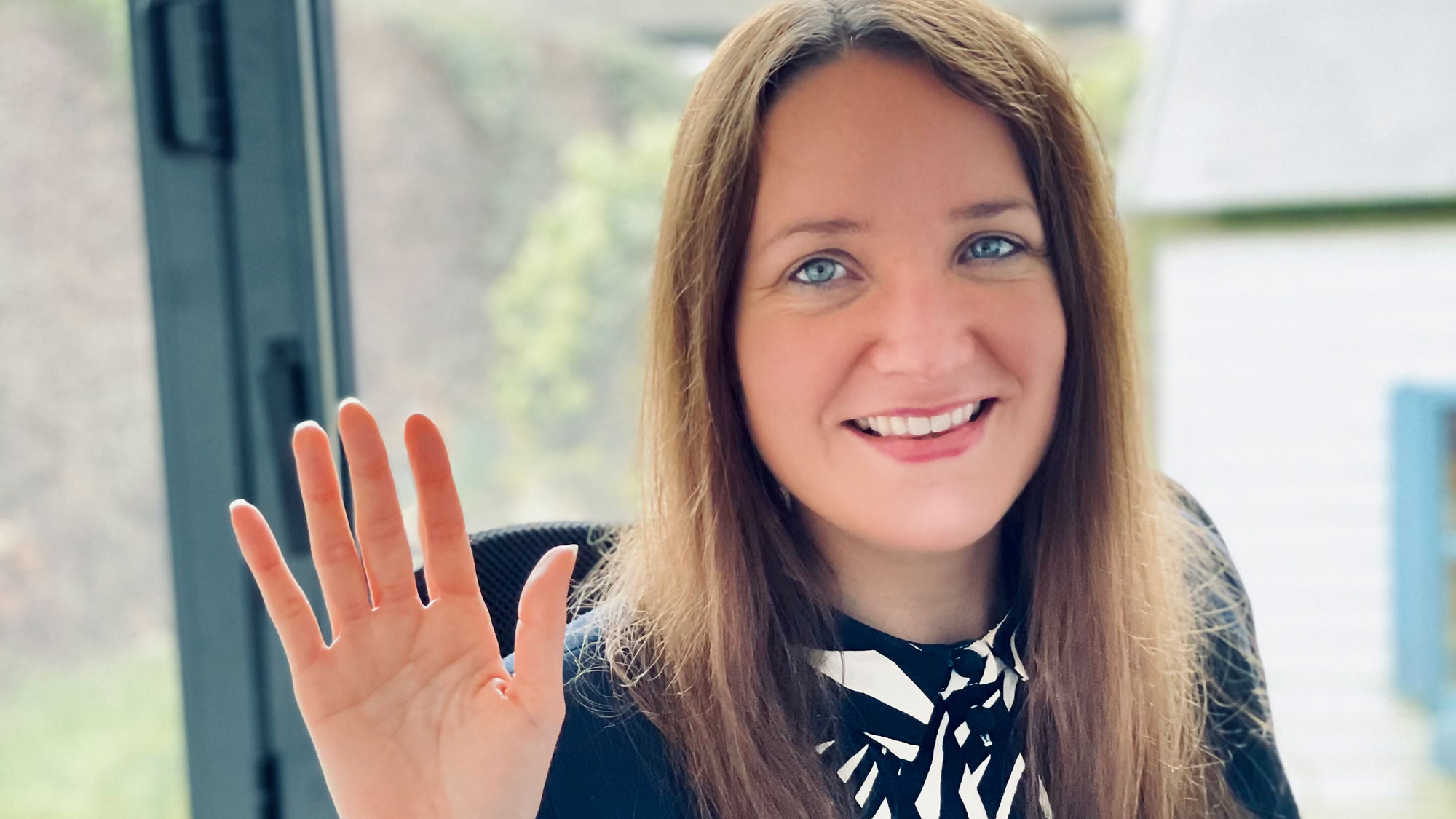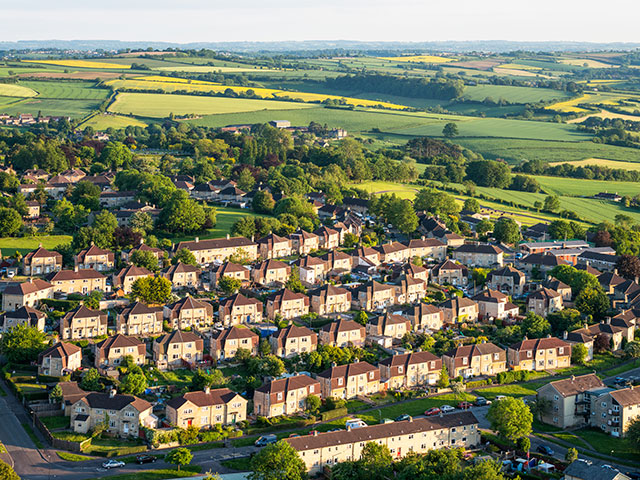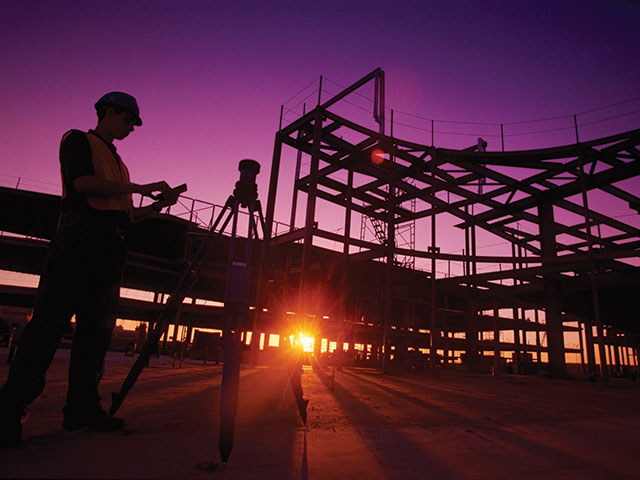
It is International Women’s Day and this year’s theme is #ChooseToChallenge. No doubt, the built environment sector has many things worth challenging in terms of behaviours and biases. To talk about that, we sat down with Victoria Brayshaw, Director and Head of Development and Residential C&S at Tetra Tech.
Victoria will lead our diverse national team of civil and structural engineers, in addition to flood risk, demolition, and remediation consultants. At the fore of her passions lie a strong desire to tackle the UK’s housing crisis, protect society from the devastating impact of flooding, and reclaim brownfield sites for redevelopment.
With every industry having been disrupted in the last year, there will be no shortage of engineers needed to reshape what our homes, towns, and cities look like. For these ambitions to succeed, however, the representation of the teams helping to reimagine these places must reflect the world we live in, and that’s exactly why Victoria has a vested interest in challenging stereotypes.
What do you choose to challenge?
I challenge the notion that it is impossible to build diverse teams in engineering. It’s difficult, but not impossible, and it’s a position of privilege to be blind to the issue.
I also challenge stereotypes. Women are no less technically capable than men. I really rebel against that. And women are no less capable in leadership. We are all unique.
What are some of the barriers to women in engineering?
Representation is one of the main barriers. There are some fantastic female civil engineering role models, but simply not enough of them. We don’t yet look like the society we serve and one of the challenges is finding enough role models to attract talent into the industry and allies, who share a common understanding, to retain that talent.
The impact of unhelpful behaviours shouldn’t be underestimated. A small minority of people can have a very detrimental impact on an organisation. What’s most harmful isn’t that those behaviours exist but that good people don’t always know how to respond. In my experience, I’ve found the tolerance of unhelpful behaviours actually more damaging to organisations than the behaviours themselves.
What can the industry do to better improve the representation of women?
We need to recognise that no single initiative will solve this complex challenge. We need greater representation at every level, with robust recruitment and progression policies that are tested for bias. I’ve seen women leave the industry or leave organisations because, most of the time, you can’t navigate around someone else’s biases.
Deliberately creating more diverse teams and diverse leadership is critical to more voices being heard so we don’t keep getting group think. When you can look up at leadership and see people like you, that’s far more inspiring than looking up and thinking, “there’s no space for someone like me.”
It’s the role of leadership to make this a priority. This cannot simply be delegated. I’ve had good conversations about this with Craig Hatch (Managing Director – GB) and he gets it. He is personally invested and that comes across. He does genuinely want to promote the equality agenda.
That’s part of the reason I joined the business. That leadership on issues like equality, diversity and inclusion is visible, even outside of the business. As part of an underrepresented group in the industry, that really speaks to me.
How have things progressed for diversity and inclusion in the built environment industry since the start of your career?
The depressing reality is the industry hasn’t progressed as it must. Currently only 12% of engineers in the UK are women. In speaking to universities, the number of female entrants to civil engineering courses has remained below 20%.
Other areas have seen progress. I hear the language used in engineering teams today and it’s much more inclusive than it was at the start of my career. There’s been huge progress in identifying what language is acceptable and what is offensive.
It’s definitely not the same industry I joined over 15 years ago but there is still much to do. There’s a huge business advantage in creating an environment that talented people find attractive to work in.
What would you tell young women entering an engineering degree?
Honestly… It won’t always be easy. In fact it can be a very difficult path to walk. But if you do choose to walk this path you have an obligation make it easier for those who follow you. Go as far as you can and then turn around and hold out your hand to help your followers go further. That’s our legacy. So… go get ‘em! I’m rooting for you.

